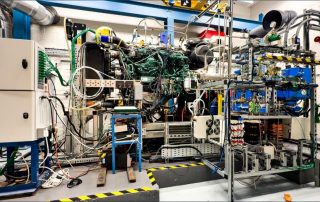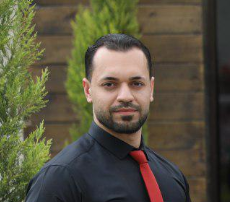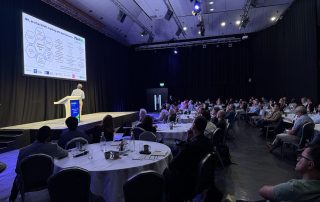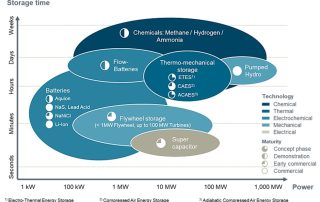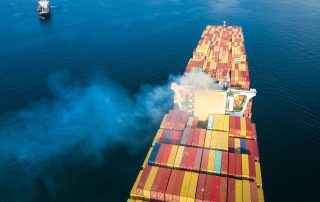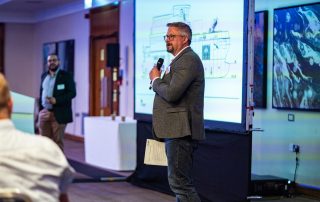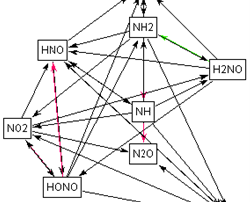Towards a Single Fuel Near Zero-Emission Ammonia Internal Combustion Engine
As a direct result of the fundamental work undertaken on the MariNH3 research programme at University of Nottingham, the Nottingham team, working with a consortium of industrial partners, successfully secured two additional Innovate UK funded grants under Round 4 and …
